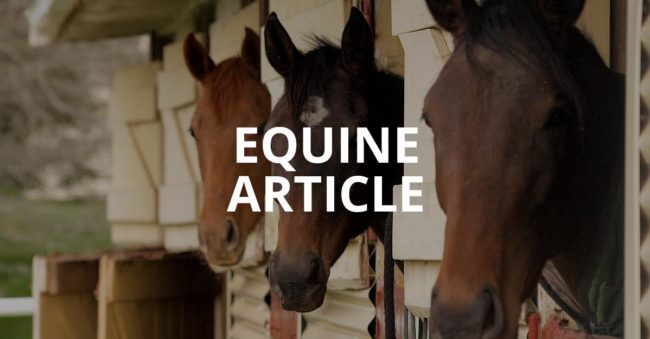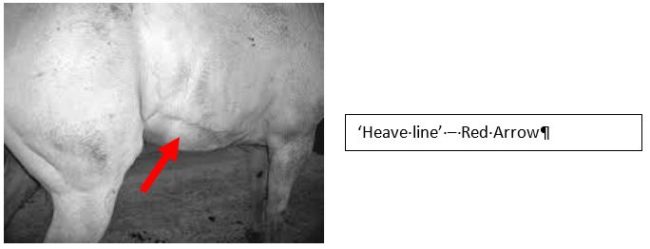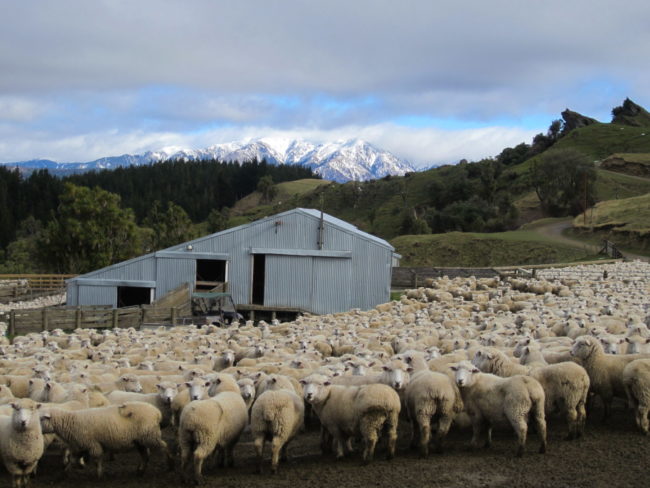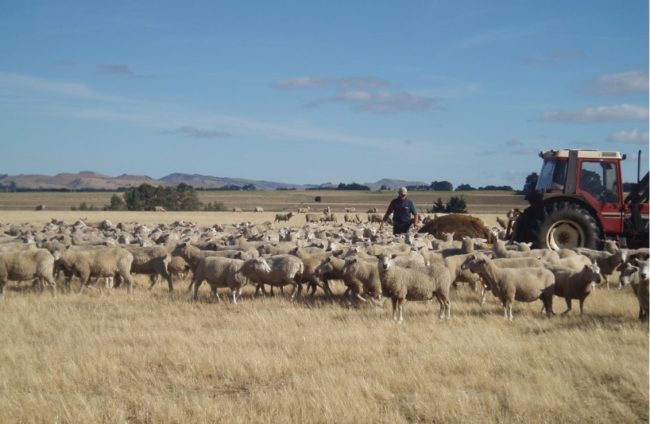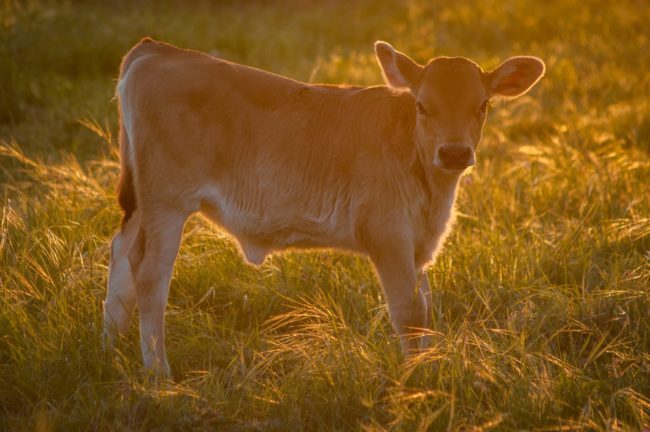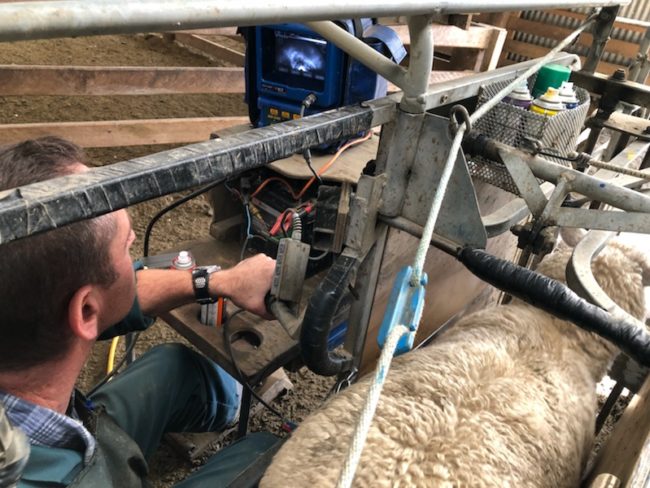EQUINE INSURANCE – SHOULD I BOTHER?
It’s a question that’s come up time and time again for me over the last year or two. Often, clients will explain that their horses or ponies are not worth very much money, and so they don’t think it’s worthwhile. I thought I’d put together some of the aspects to consider, and some of the…

